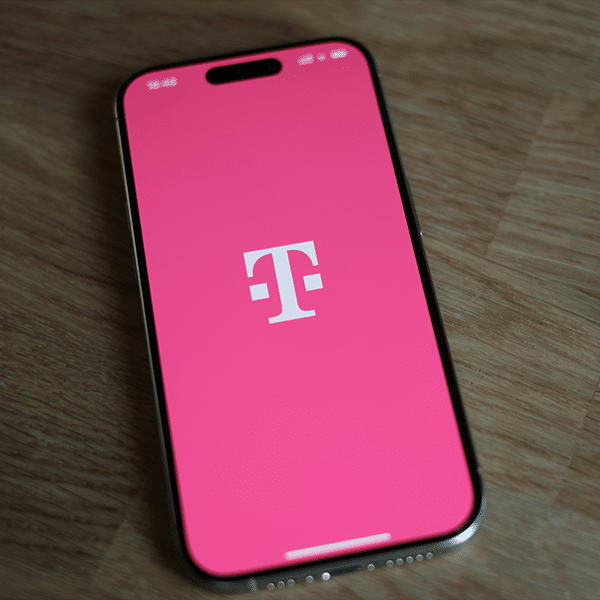 It’s interesting to watch the brewing battle over the use of the term 4G. T-Mobile has come out with a new ad campaign (see example video below) claiming to have the largest 4G network, which delivers a better mobile broadband experience than AT&T’s iPhone.
It’s interesting to watch the brewing battle over the use of the term 4G. T-Mobile has come out with a new ad campaign (see example video below) claiming to have the largest 4G network, which delivers a better mobile broadband experience than AT&T’s iPhone.
Considering the global technology authority, the ITU, recently commented that very few providers (and apparently none in the U.S) offer true 4G service, based on some obscure technical definition, T-Mobile is taking some heat for the claim. Sprint is fuming, since they’ve been heavily marketing their own WiMAX (provided through Clearwire) service as the first and only 4G service in the U.S., called Sprint 4G. Verizon will soon join this 4G battle with their LTE product, and MetroPCS is also currently in the mix.
But when I look at the actual ad, I wonder whether T-Mobile is getting it right? They’re highlighting a mobile broadband feature – video chat in this case – as a benefit of 4G. From a consumer’s point of view, whether that 4G feature is delivered via LTE or HSPA+ or WiMAX is of no consequence. What does matter is that T-Mobile is delivering a quality mobile broadband feature (presumably anyway) that I as a consumer will find valuable and pay for.
[youtube]http://www.youtube.com/watch?v=3KmfXupi9cg[/youtube]
Apple did a fabulous job of equating 3G to the innovative features of the second generation iPhone. I haven’t seen any market research to support this assertion, but I bet everyday consumers equated 3G with new innovative features on my mobile phone that “literally changed my life,” and didn’t equate it with speed. For a time, Apple owned the term 3G, and they’re not even a service provider.
The moral of the story, service providers need to stop haggling about who really has 4G (substitute any technology) or who is faster on any given day, and rather focus on who has the best innovative features that will deliver an experience that impacts my life in a positive way. Quite frankly, it doesn’t matter what technology enables that experience. It just matters that the experience is delivered consistently.
Maybe T-Mobile doesn’t really have 4G – but if they can enable video chat consistently across their footprint, does anyone who matters really care? Maybe 4G has everything to do with experience and nothing to do with technology.
